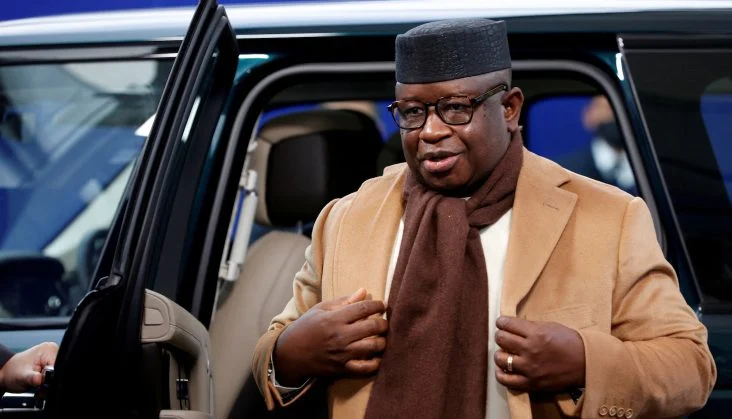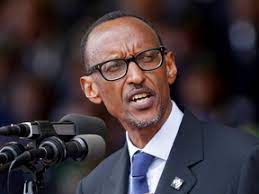Sierra Leone’s Presidential Election: Incumbent President Bio Secures Second Term

Sierra Leone’s electoral officials declared on Tuesday that incumbent President Bio, colloquially known as President Bio, secured a second term in office, following a contentious election process. The President clinched the victory with a margin of 56.17% of the ballots cast, narrowly circumventing the requirement for a runoff.
This election, held on a Saturday, saw President Bio facing off against his primary rival Samura Kamara, who was placed second, collecting 41.16% of the votes, according to the official results. However, the aftermath of the announcement of the results has been marred by controversy, with Kamara and his party, the All People’s Congress (APC), disputing the declared outcome.
Samura Kamara, the lead opposition candidate, challenged the official tally soon after its announcement, insisting that the results were not reflective of the true voting patterns. Kamara took to social media, expressing his dissatisfaction and concern over the election results. He stated, “It is a sad day for our beloved country,” and further commented that the controversial results signified a “frontal attack on our fledgling democracy.”
This is not the first instance where Kamara has come up against President Bio. The two contenders have a history of political rivalry, with Kamara having narrowly lost to President Bio in the previous elections held in 2018. This year, President Bio contended against 12 opponents for his second term, with Kamara being his main competitor.
Adding fuel to the flames, the opposition party, APC, also alleged incidents of “overvoting” in certain areas. The party vociferously denounced the final results as ‘fabricated’ and claimed victory in the election, contradicting the official declaration.
Mohamed Kenewui Konneh, the head of the electoral commission, announced the final results in the capital, Freetown. Despite the discord, he declared President Bio the official winner of the presidential election. However, the APC continued its challenge, describing the official results as “cooked-up figures” in a statement issued on Monday.
A further critique of the election process came from EU observers. During a press conference, they pointed out the lack of transparency and communication on the part of the electoral authority, suggesting that it had led to widespread mistrust in the electoral process.
In addition to the allegations of manipulated results, the APC reported that their elected representatives were subjected to attacks and intimidation in three districts on election day, June 24. Similarly, the electoral commission confirmed incidents where several officials were assaulted in various parts of the country, adding another layer of controversy to the already contentious election process.
The allegations of fraud and misconduct, combined with the violence reported during the election, raise serious questions about the integrity of the election process. With such a significant level of dispute from opposition parties and international observers alike, Sierra Leone finds itself at a critical juncture where its commitment to democratic processes is being put to the test. As the situation unfolds, it remains to be seen how these challenges will be addressed, and what implications they will have for the future political landscape of the country.
















